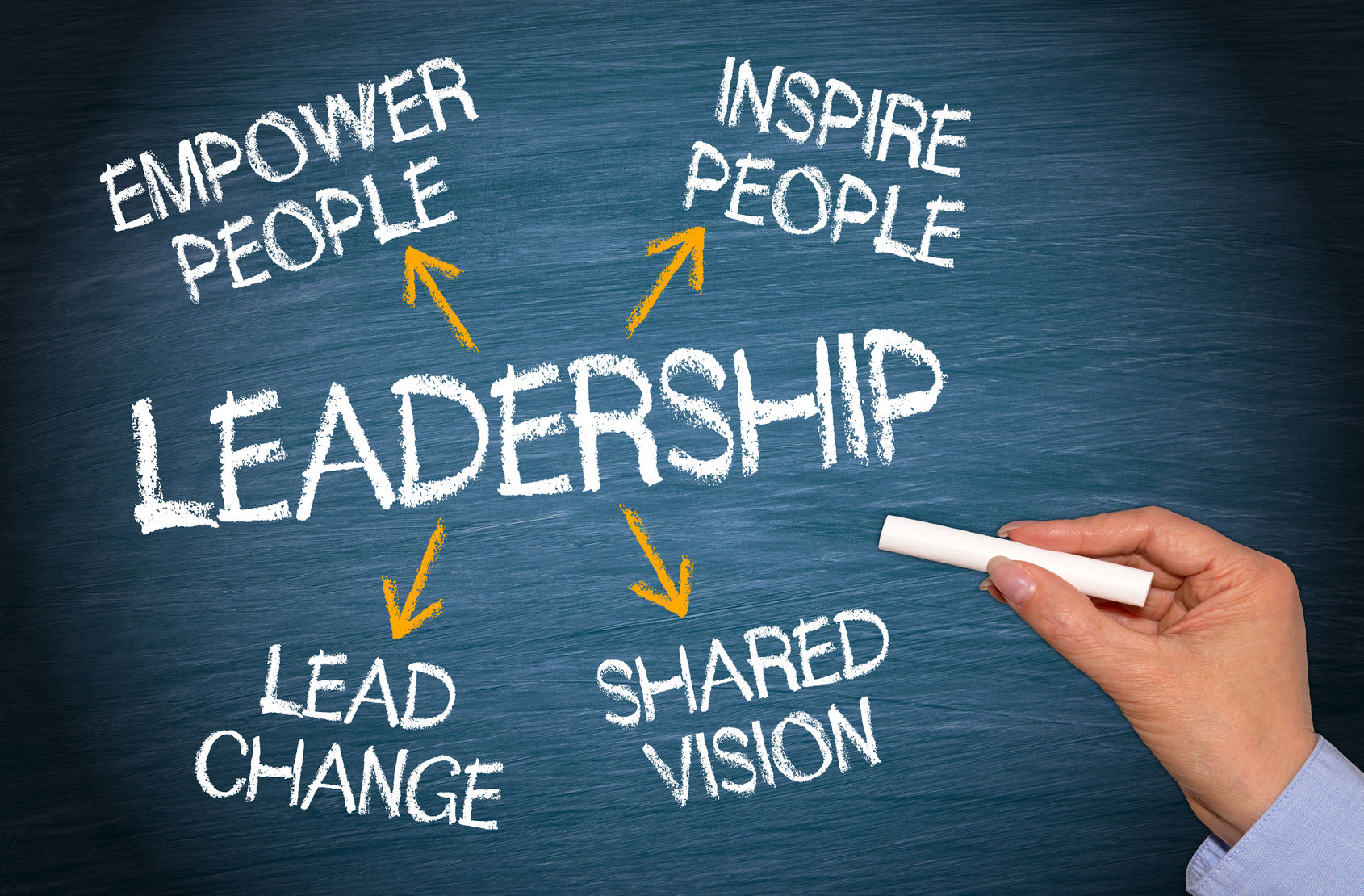
You could be a well-liked manager in your organisation, yet you are starting to feel stuck in your career. There is much emotional intelligence to think of. In addition, to be a great leader, you must balance self-awareness and decision-making skills.
By Emile Fakhoury
Consider this scenario: You're in line for a coffee, and the person in front of you is taking an unusually long time to decide. This situation presents a perfect opportunity to reflect on the importance of self-awareness and decision-making in our daily lives.
This shows two traits for that individual: the lack of self-awareness, not being aware of the situation and caring about the people waiting behind, and the Lack of decision-making, not being able to plan and decide on a routine task and be efficient. This example shows you the type of indecisive individual who lacks any self-awareness to be in a leading position.

Feedback, though it may stir a mix of emotions, is a vital tool for personal and professional growth. Positive feedback serves as a validation of your efforts, while negative feedback acts as a catalyst for change, pushing you towards improvement.
Regular 360-degree feedback, performed every six months, can help you better understand your leadership skills and identify any blind spots that might be holding you back from reaching your full potential.
The advantages of 360 feedback reports are in these areas:
Great leaders shape the organisation and prepare succession leaders to grow and take the lead, growing the business. Great leaders spend part of their time developing their teams and listening to their concerns rather than following orders from their line management.
Successful organisations are more selective in who they promote and "reserve" their management positions for those who view leadership as a privilege.
Great leaders are role models to the entire organisation. If they fail to model the behaviours covered in your training, their direct reports will quickly follow suit. Training is essential to the growth of your teams and your organisation.
The classical dilemma: ‘If you don’t train them and they stay or if you train them and they leave’. If a leader doesn't view a few hours of leadership training as an investment, perhaps they shouldn't be leading.
Organisations that seek healthy growth should ensure that their performance evaluation and compensation processes measure results and leadership to incentivise growth in both areas.
Great leaders know their team and are more aware of those people's strengths than their weaknesses to benefit their business and the organisation. They are not blind to their own or others' weaknesses; they know their competitive edge lies within their strengths.
A key to effective leadership is the ability to define outcomes and then help individuals use their talents to achieve them. Great leaders often follow the best advice: "Focus your time and efforts on developing your weaknesses to become a great leader.”
Not focusing on weaknesses and focusing on strengths is countercultural -- but great leaders don't follow. They are willing to stray from how things have always been done and be open to better ways to succeed.
Clear expectations in your role as a leader are vital to success. Whether you define them yourself or have an organisation define them, they must be transparent, manageable, and well-communicated.
When leaders lack clear expectations for their roles and outcomes, they can appear incompetent and lose the support of their team members.

Becoming a great leader is a journey of continuous learning and growth.
It’s a process that thrives on embracing challenges, seeking feedback, fostering connections, being self-aware of one's bloodspots, and helping others join the club of leaders. “Your goal is to develop the mindset, behaviours, and relationships that allow you to take on challenges and opportunities and do extraordinary things’ according to Harvard Business School professor Linda Hill.







Impressive !
Thanks JB !